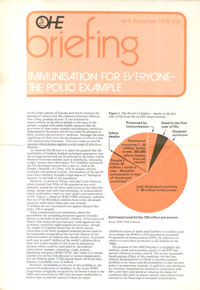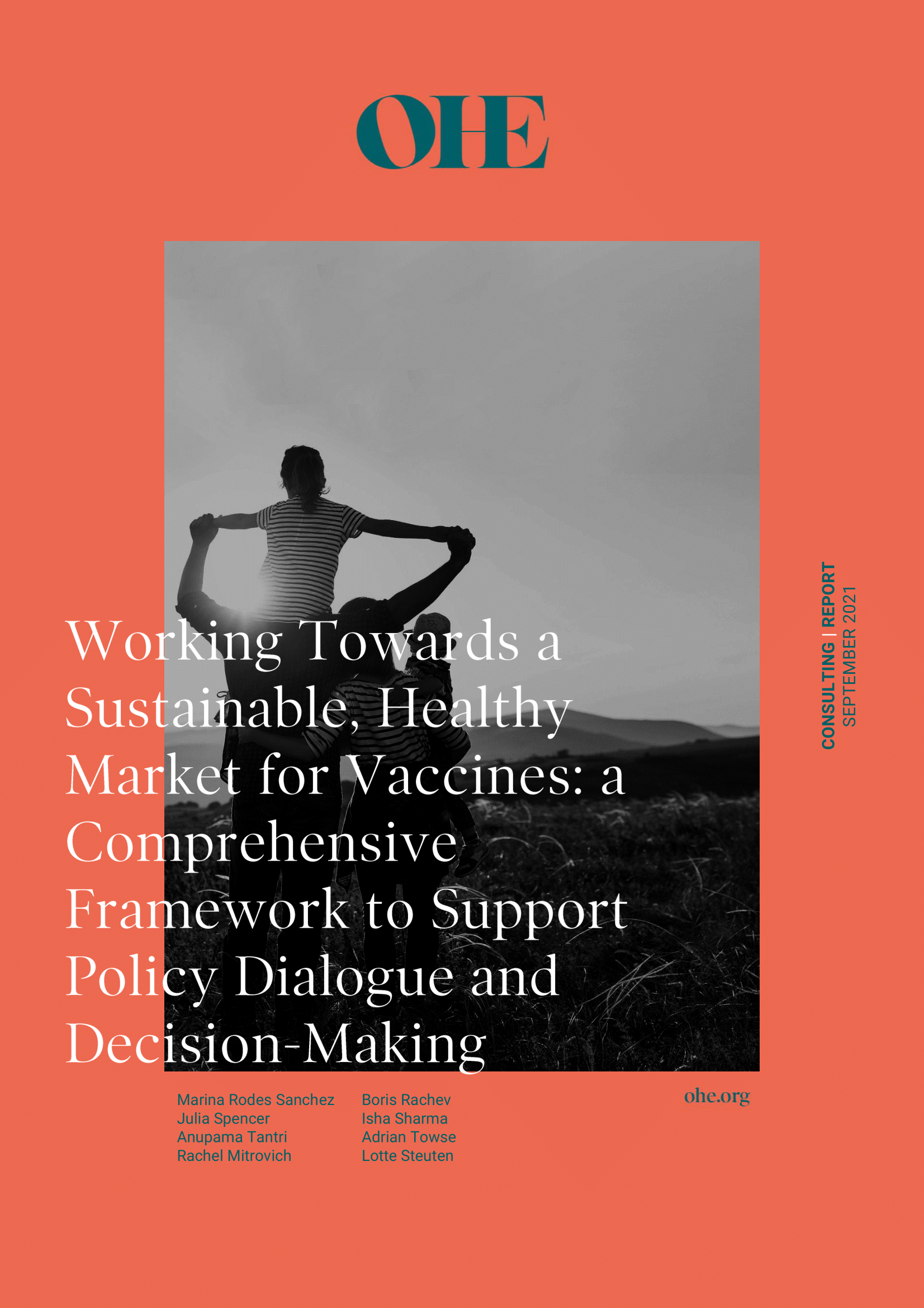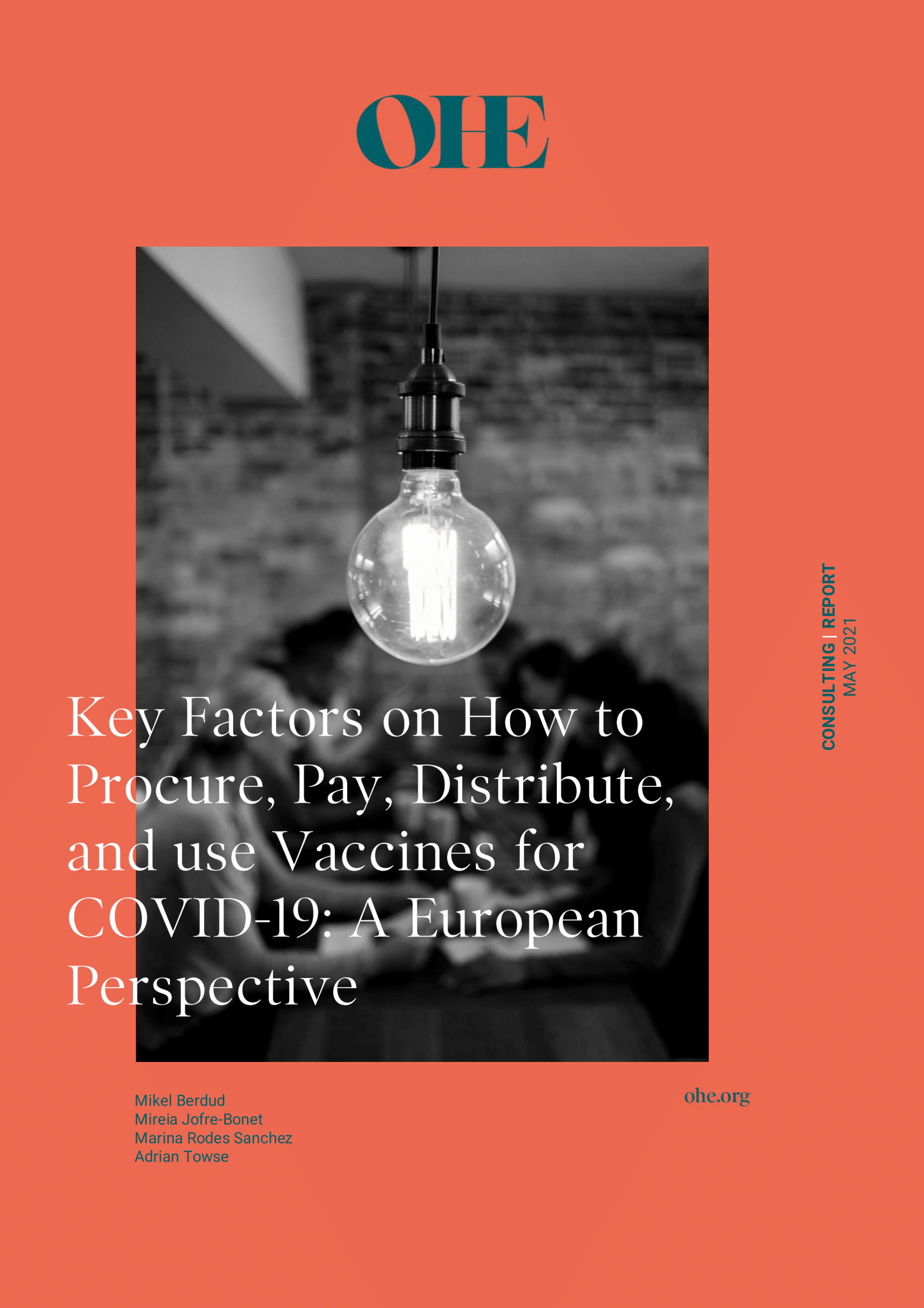Socio-Economic Value of Adult Immunisation Programmes

In the richer nations of Europe and North America the gaining of control over the common infectious illnesses was a long, gradual process. It was initiated by improvements in the diet available to the mass of the people, coupled with public health measures…
In the richer nations of Europe and North America the gaining of control over the common infectious illnesses was a long, gradual process. It was initiated by improvements in the diet available to the mass of the people, coupled with public health measures like the provision of clean water supplies and adequate sanitation. Subsequently the attack was driven home by advances in both curative and preventive medicine. Amongst the most significant of these were the development of effective and safe immunising techniques. There are today around 80 vaccines which protect against a wide range of infectious diseases.
The purpose of this OHE briefing is to highlight key medical, social and economic aspects of the EPI with special reference to polio control. The severe, potentially handicapping effects of this condition, the fact that without immunisation it is likely to become a greater problem in the future and the availability of oral vaccines make it an important example. In addition, new initiatives by voluntary organisations planned in conjunction with EPI controllers and aimed at reducing the impact of conditions like polio in poorer nations raise topical issues relevant to the financing of extended immunisation.
Immunisation for Everyone – The Polio Experience


